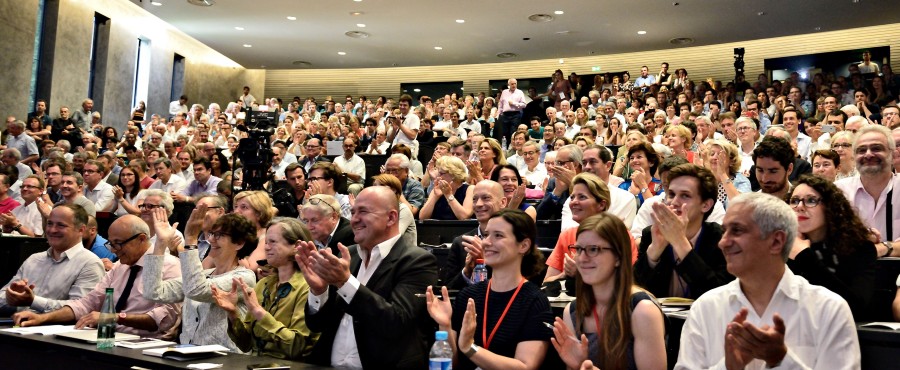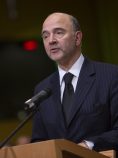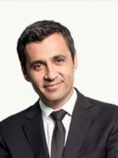3 Jul 2016
What Are The Potential Alliances Between Countries And Finance ?
Debate 6

Until the financial crisis of 2007-2008, people were still singing the praises of financial globalisation and the liberalisation of capital movements. Today, disappointment prevails.
In this regard, the IMF 2016 document entitled “Neoliberalism: oversold?” is meaningful: while the expansion of global trade has made it possible, for instance, for millions of emerging country citizens to exit poverty, financial market liberalisation, in contrast, has not brought about the gains initially expected by economic theorists.
The benefits in terms of growth are marginal and financial integration has in fact led to poor resource allocation. Still more problematically, financial integration has sharply increased the likelihood of economic crisis, all the more so when bank regulation and surveillance is lacking, as Spain and Ireland learned in the 2000s, at their dramatic expense.
The costs of financial globalisation in terms of inequality, meanwhile, are exceedingly high. Since the 1970s, financial integration has triggered profound redistributive effects within countries, to the benefit of the wealthiest citizens, able to take advantage of the new globalised market, but at the expense of the poor citizens, without access to the credit market. Moreover, by making capital more mobile and thus taxation and redistribution more difficult, financial liberalisation has made it hard to provide compensation to those of the losing end of globalization. All in all, the bottom-line on financial integration as a catalyst for efficiency and equity is a very mixed picture.
What can States do in this setting? And what is the right level of financial regulation? At the country level, or across groups of countries, e.g., the European Union? What lessons can we take away from these experiences, to develop the right regulation tools? Is the recently-born European Banking Union an example of a middle path that would make it possible to reconcile finance and countries?
Coordination
Moderator
Speakers

Pierre MOSCOVICI
European Commissioner for Economic and Financial Affairs, Taxation and Customs
Biography




